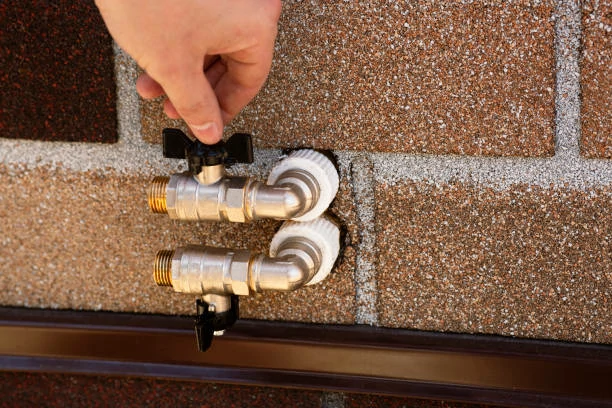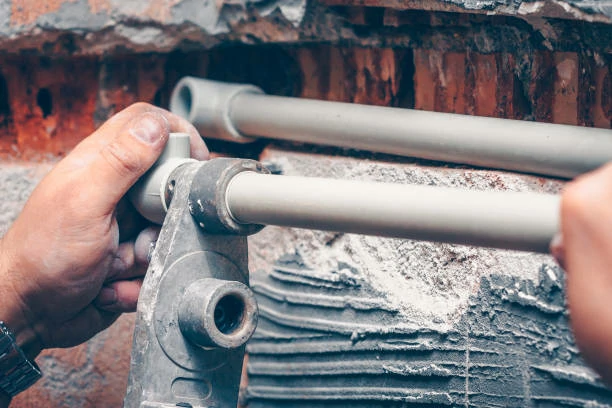Ensuring Long-Term Reliability
1.1. Durability and Resistance
HDPE plumbing are renowned for their exceptional durability and resistance to various environmental factors. Their robust construction and corrosion-resistant properties make them suitable for a wide range of plumbing applications, including water supply, drainage, and sewer systems. HDPE pipes can withstand harsh operating conditions, such as exposure to chemicals, abrasion, and temperature fluctuations, ensuring long-term reliability and performance.
1.2. Prevention of Corrosion and Scaling
Unlike metal pipes that are prone to corrosion and scaling over time, HDPE pipes are immune to rust, corrosion, and scaling, even in aggressive environments. This resistance to corrosion ensures that HDPE plumbing maintain their structural integrity and hydraulic efficiency throughout their service life, minimizing the risk of leaks, blockages, and costly repairs.
1.3. Impact Resistance and Structural Stability
HDPE pipes are engineered to withstand impact and external loads without deformation or failure. Their flexibility and toughness allow them to absorb shocks and vibrations, making them suitable for underground installations where soil movement or traffic loads may occur. Additionally, HDPE pipes have excellent resistance to ground movement and seismic activity, ensuring structural stability and longevity in challenging environments.
Implementing Effective Maintenance Practices
2.1. Regular Inspections and Monitoring
Regular inspections and monitoring are essential for the long-term performance of HDPE plumbing systems. Inspectors visually assess the plumbing for signs of damage, degradation, or stress like cracks, leaks, or deformation. Monitoring systems detect changes in pressure, flow rate, or temperature, indicating potential issues.
2.2. Cleaning and Flushing
Periodic cleaning and flushing of HDPE plumbing can help remove sediment, debris, and biofilm buildup that may accumulate over time. Flushing the system with clean water or a mild detergent solution can restore hydraulic performance and prevent blockages or restrictions in the plumbing network. Mechanical cleaning methods, such as pigging or jetting, may also be employed for more thorough cleaning of HDPE pipes.
2.3. Repairs and Remediation
Timely repairs of HDPE pipes are crucial to prevent further deterioration and maintain system integrity. Small leaks or cracks can be fixed using specialized HDPE welding techniques like butt fusion or electrofusion, creating strong joints. For extensive damage, sections of HDPE plumbing may require replacement or rehabilitation using trenchless technologies like pipe bursting or slip lining.
Conclusion: Ensuring Longevity and Performance
HDPE plumbing pipes offer long-term reliability and performance when properly maintained and cared for. Their durability, resistance to corrosion, and impact, along with effective maintenance practices, contribute to their longevity and structural integrity in plumbing systems. By implementing regular inspections, cleaning, and repairs, stakeholders can maximize the lifespan of HDPE plumbing and ensure the continued efficiency and reliability of their plumbing infrastructure.
Contact
IFAN is a professional manufacturer with 30 years of experience, dedicated to producing high-quality plastic pipes, fittings, and valves. Our products include brass valves, PPR valves, as well as various pipes and fittings to meet different customer needs. Whether you need plumbing and drainage pipes or valve products, IFAN can provide a diverse range of high-quality, cost-effective products to support your projects. Below is our contact information.
We will reply your email or fax within 24 hours.
You can call us at any time if there is any question on our production.
For more information,pls visit our webside https://www.ifanplus.com/
Pls Mailto: [email protected]






